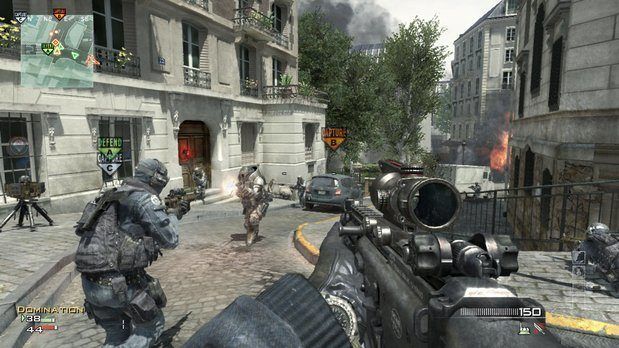In the video Trace Dominguez from Discovery News states, through a study published by the University of Geneva, that action games improve one’s ability to multitask and focus on multiple things at once. This is because action games have so much going on at once. There are auditory cues, visual cues, and sometimes even touch cues if your controller vibrates.
With gamers focusing on all of these aspects at once, they’ve become much more accustomed to doing so in real life. This is why many military officers will play Call of Duty. While the games themselves don’t mimic real-life combat, the games help the soldiers learn to focus on multiple things at once.
But action games also have open layouts that require teamwork to complete. Since players will also have to communicate with their teammates, this adds a whole new level of multitasking that gamers must incorporate (not to mention it takes a decent amount of teamwork to have a team function that well). Players have to keep up with the goals of their teammates and the strategies that the team has developed to beat a level or mission within the game.
Dominguez appropriately labels this type of learning as “active learning.” A player has to adapt to the new surroundings as they constantly change.
Video games are a form of learning, where your brain has to interact with what it is seeing on the screen. In some fashion, your brain is learning and taking in what is occurring on the screen. Action games are not excluded from that, but they are helping people learn in a way different from the controversial “video games result in violence” standpoint.
What did you think of the video? Are you excited for this research? Be sure to let us know in the comments below!
